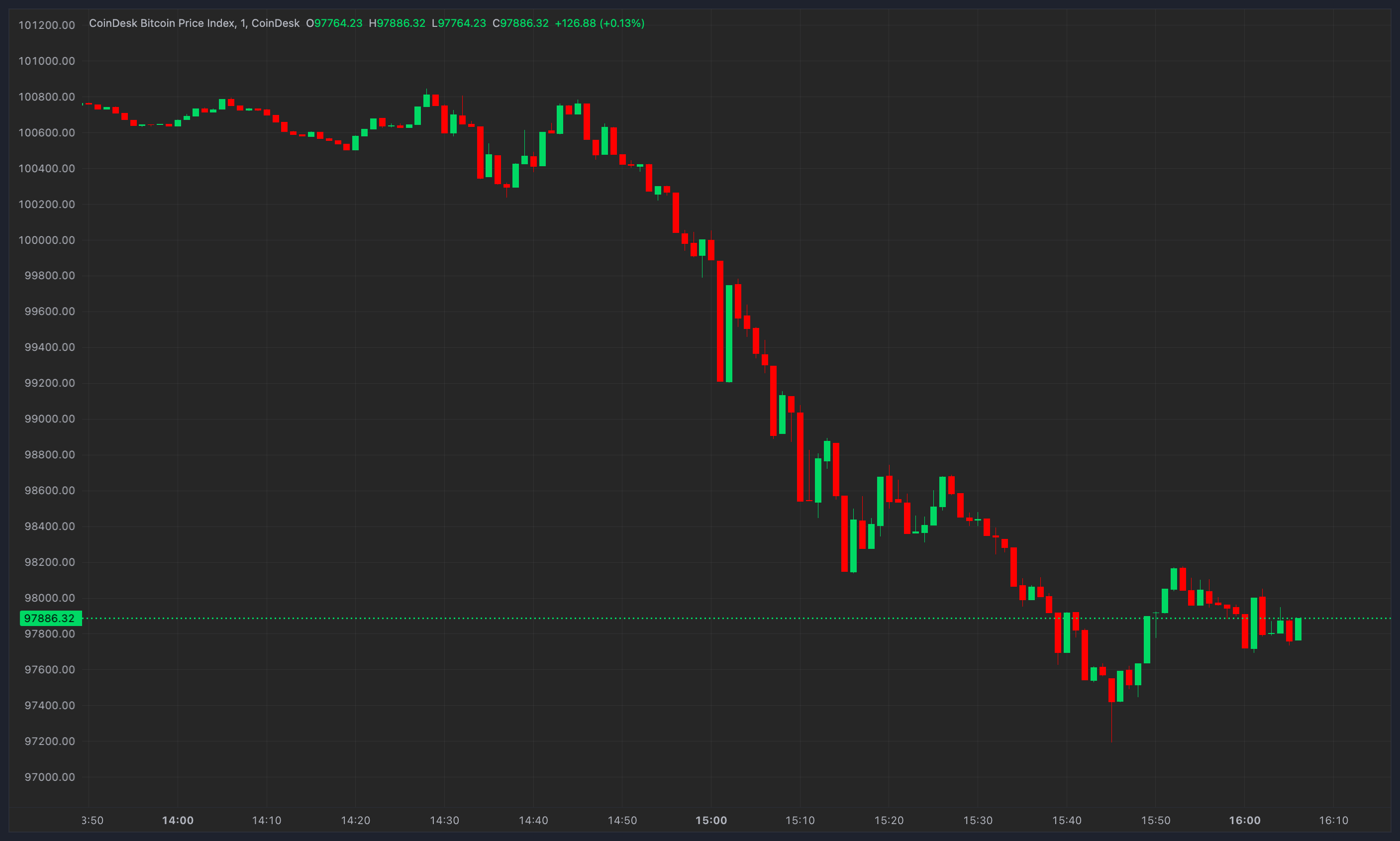Amdocs surveyed people in the UK who planned to watch the 2022 World Cup, and claims that 62% expressed interest in using the metaverse to be part of a virtual stadium.
The telecoms software vendor has penned a report called The World Cup 2022 Viewing Report which surveyed 1000 people in the UK who planned to watch the 2022 World Cup, and over half of them are up for ‘new interactive technologies to enable their viewing experience, such as the metaverse and augmented reality’, and are willing to shell out for such experiences, we are told.
In fact, the firm says that ‘increasing expectations around the metaverse, entertainment and connectivity’ is driving a desire for ‘new experiences.’ While England winning the world cup would presumably count as a new experience, the report claims fans are gagging for more tech to watch the game on. 62% expressed interest in using the metaverse to be part of a virtual stadium, with Gen-Z (42%) and millennials (39%) registering the most interested, while a 25% of Gen-X respondents also fancied it.
On top of watching matches in the metaverse, 30% of the sample size want more interactive experiences like 360-degree live video of the game, 25% want interactive in-game challenges, and 24% want AR/VR experiences – though how all that differs from what the survey group imagines watching a game in the metaverse would look like is not explored.
When asked if they would be willing ‘to pay extra for an unlimited World Cup-specific mobile data package to stream matches at 5G speeds with no delays or loss of connectivity’, 48% said they were interested – though we’d be surprised if they were 100% clear on what is being asked there, because we’re not.
“As 5G availability expands, we expect to see more service providers creating unique “experience packages” beyond generic 5G speed across all offerings—for instance, a connection specifically for the metaverse or augmented reality sports, and more – even packaged with hardware or other physical goods that enable or complement the experience,” said Anthony Goonetilleke, Group President of Technology and Head of Strategy at Amdocs. “As experiences become more a la carte, there is a need for a new kind of approach that can be fine-tuned and uniquely tailored to end-users. This flexibility will be essential for players in an increasingly digital world, including next-generation entertainment experiences made possible by a reliable network.”
Raman Abrol, General Manager at Amdocs and CEO of Vubiquity added: “These findings show that consumers now have new, specific criteria that determine value from their service and content providers, and they want new ways to engage. It also opens opportunities to rethink how services can be bundled; they can be powered by a diverse ecosystem of partners that delivers best-in-class offerings like 360 video, real-time insights and metaverse experiences. This approach is essential to get right because opportunities to personalise the viewing experience will continue to grow, creating more options, and potential complications, as consumers try to manage their offerings.”
The 1000 people sample group seems pretty well informed on fringe tech if they even all know what the metaverse is let alone formed an opinion as to whether they’d be willing to pay for it. If you took a survey of the first 1000 people to pass through the turnstiles at Wembley and asked them if they’d rather be watching the game in the metaverse than in the stands, it seems likely it would not yield as positive a result – but such is the nature of surveys.
Get the latest news straight to your inbox. Register for the Telecoms.com newsletter here.
Read More: telecoms.com









 ARPA
ARPA  DeGate
DeGate  Ankr Staked ETH
Ankr Staked ETH  Alchemix
Alchemix  RabBitcoin
RabBitcoin  The Root Network
The Root Network  Shoggoth
Shoggoth  Flamingo Finance
Flamingo Finance  Dimitra
Dimitra  Clash of Lilliput
Clash of Lilliput  SX Network
SX Network  Marinade
Marinade  Memes AI
Memes AI  MATH
MATH  Foxy
Foxy  OMG Network
OMG Network  Aquarius
Aquarius  Metal Blockchain
Metal Blockchain  APX
APX  She Rises
She Rises  Bitgert
Bitgert  Frontier
Frontier  Sidus
Sidus  Impossible Finance Launchpad
Impossible Finance Launchpad  SaaSGo
SaaSGo  Shuffle
Shuffle  MemeFi
MemeFi  Artrade
Artrade  Hatom
Hatom  Star Atlas DAO
Star Atlas DAO  Gitcoin
Gitcoin  SuiAI
SuiAI  sUSDa
sUSDa  Prefrontal Cortex Convo Agent by Virtuals
Prefrontal Cortex Convo Agent by Virtuals  ThunderCore
ThunderCore  Wanchain
Wanchain  Lingo
Lingo  Spectra
Spectra  Quantum Resistant Ledger
Quantum Resistant Ledger  HOPR
HOPR  Firmachain
Firmachain  SuiNS Token
SuiNS Token  Agoric
Agoric  Urolithin A
Urolithin A  Strike
Strike